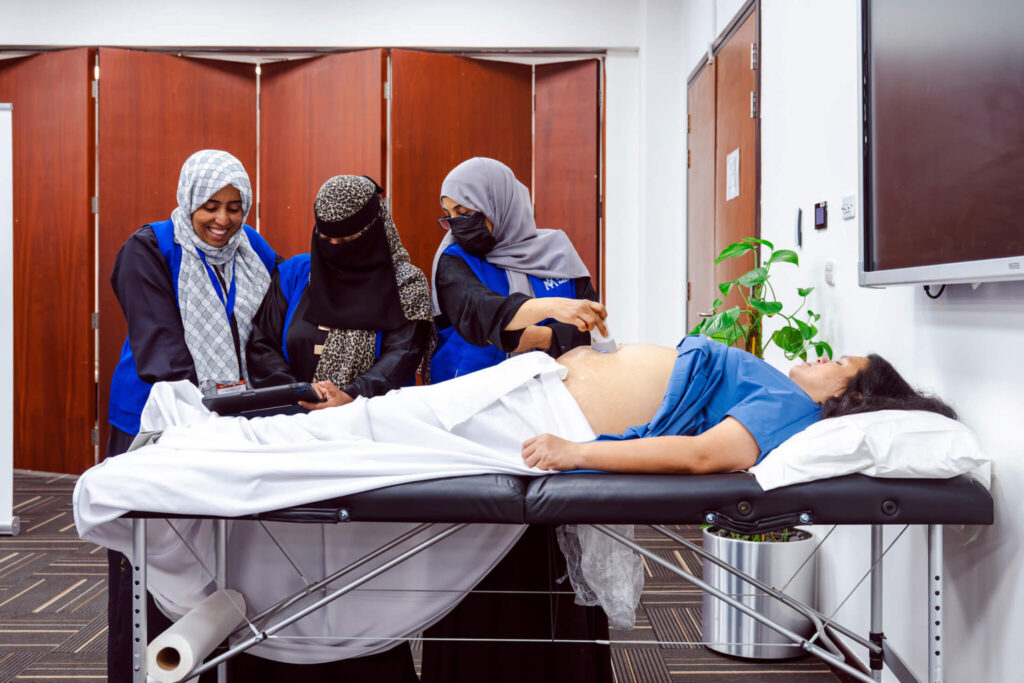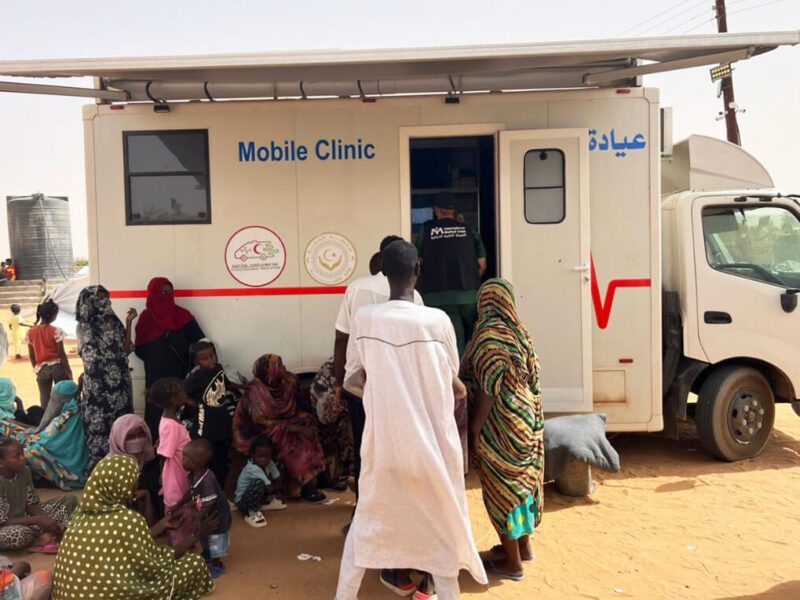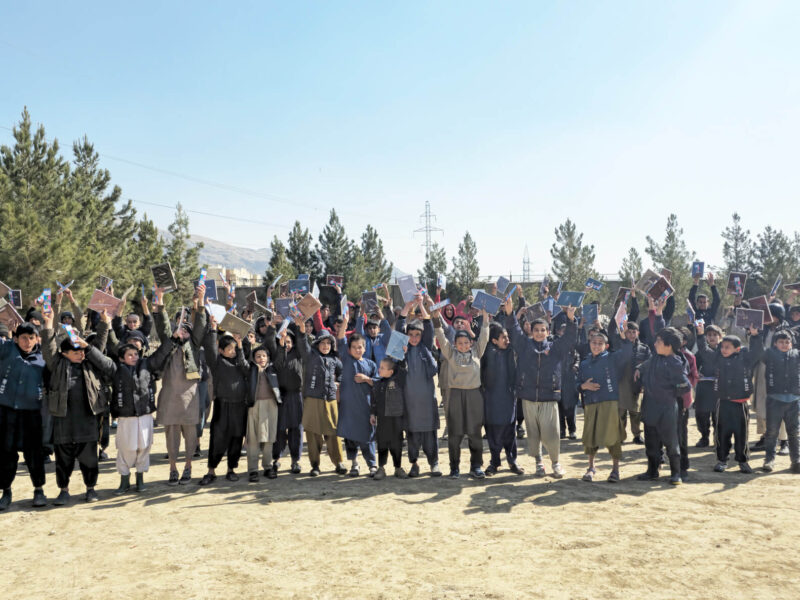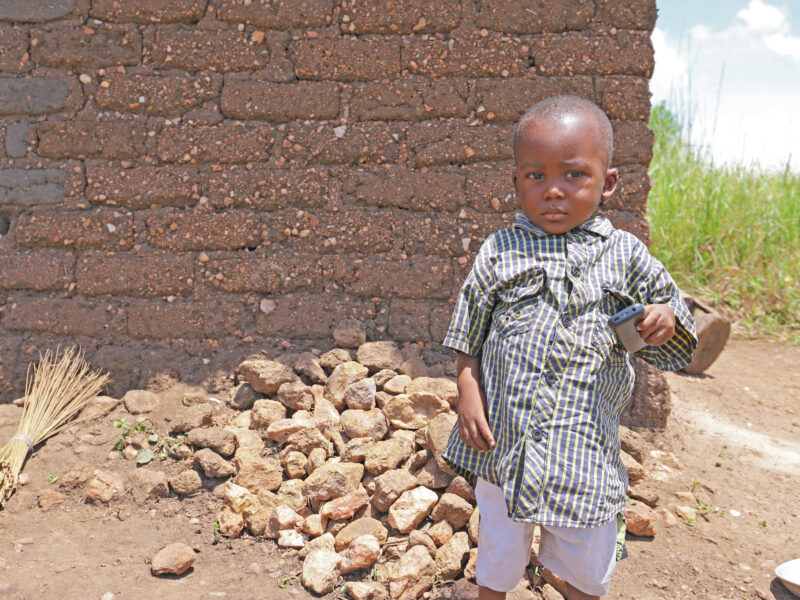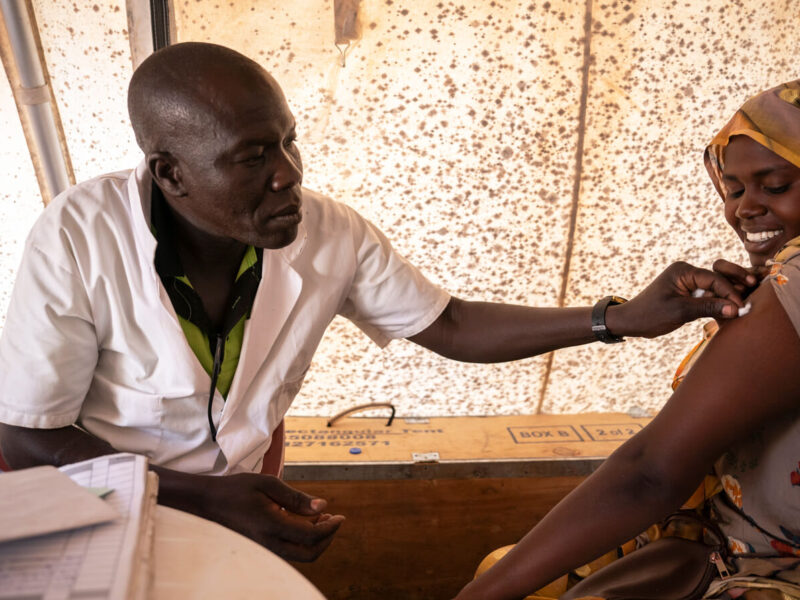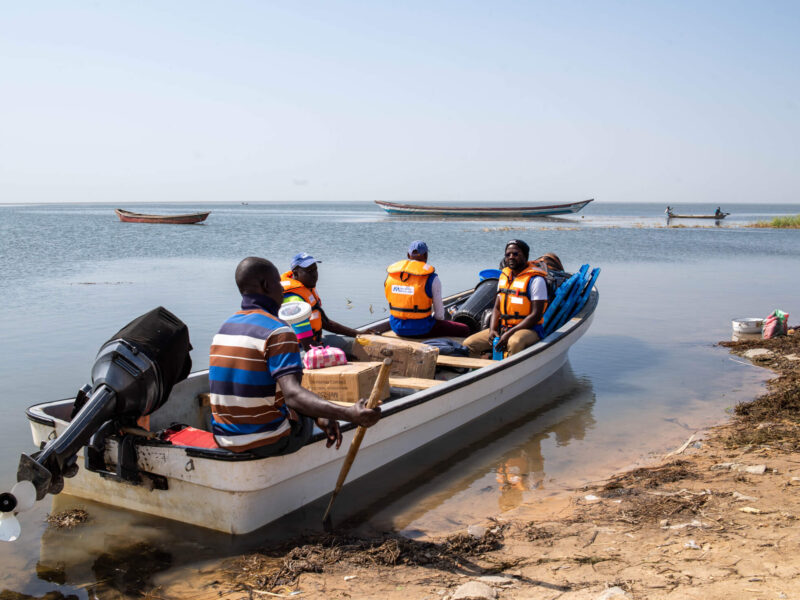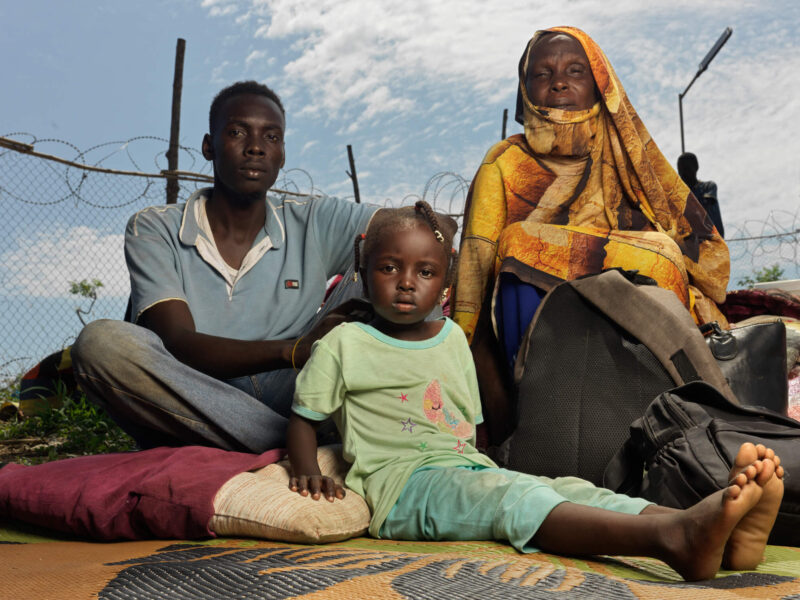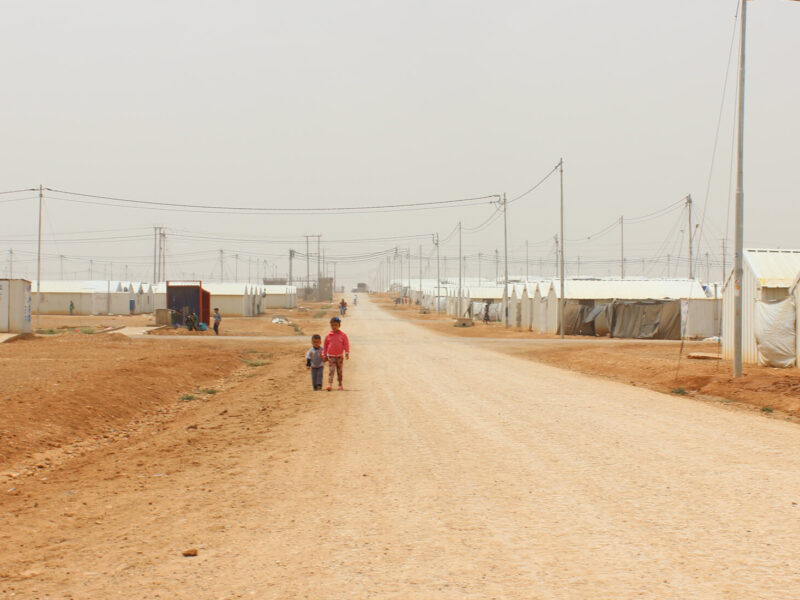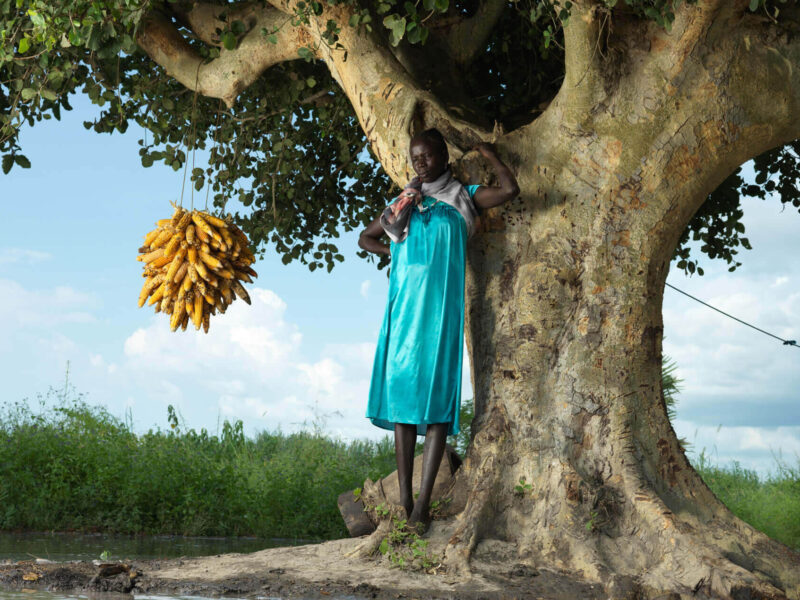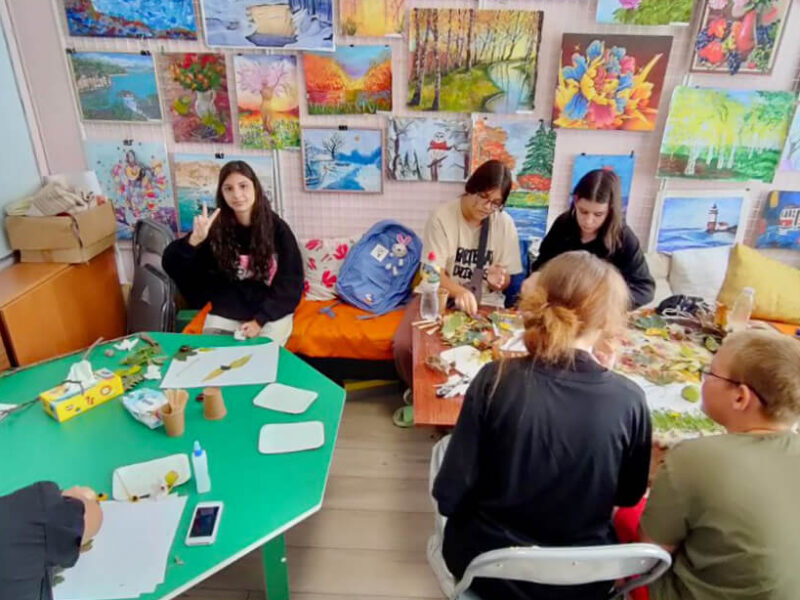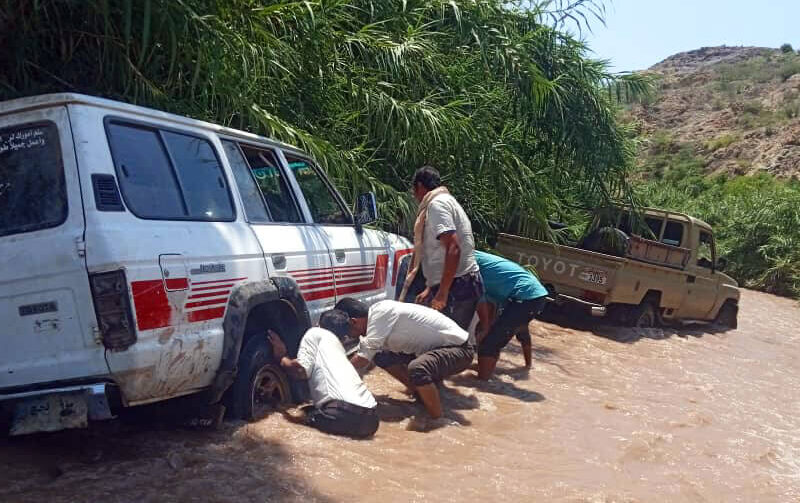Fleeing Conflict, Sudanese Refugees Receive Lifesaving Care in Libya
When Sudan erupted in civil war in mid-April 2023, Sudanese civilians fled to neighbouring countries, desperately searching for safety. Since then, more than 250,000 Sudanese refugees have arrived in Libya, with about 160,000 settling in Kufra—a city about 150 miles from the Sudan–Libya border. Many of these refugees, who live in overcrowded, informal settlements, suffer …
